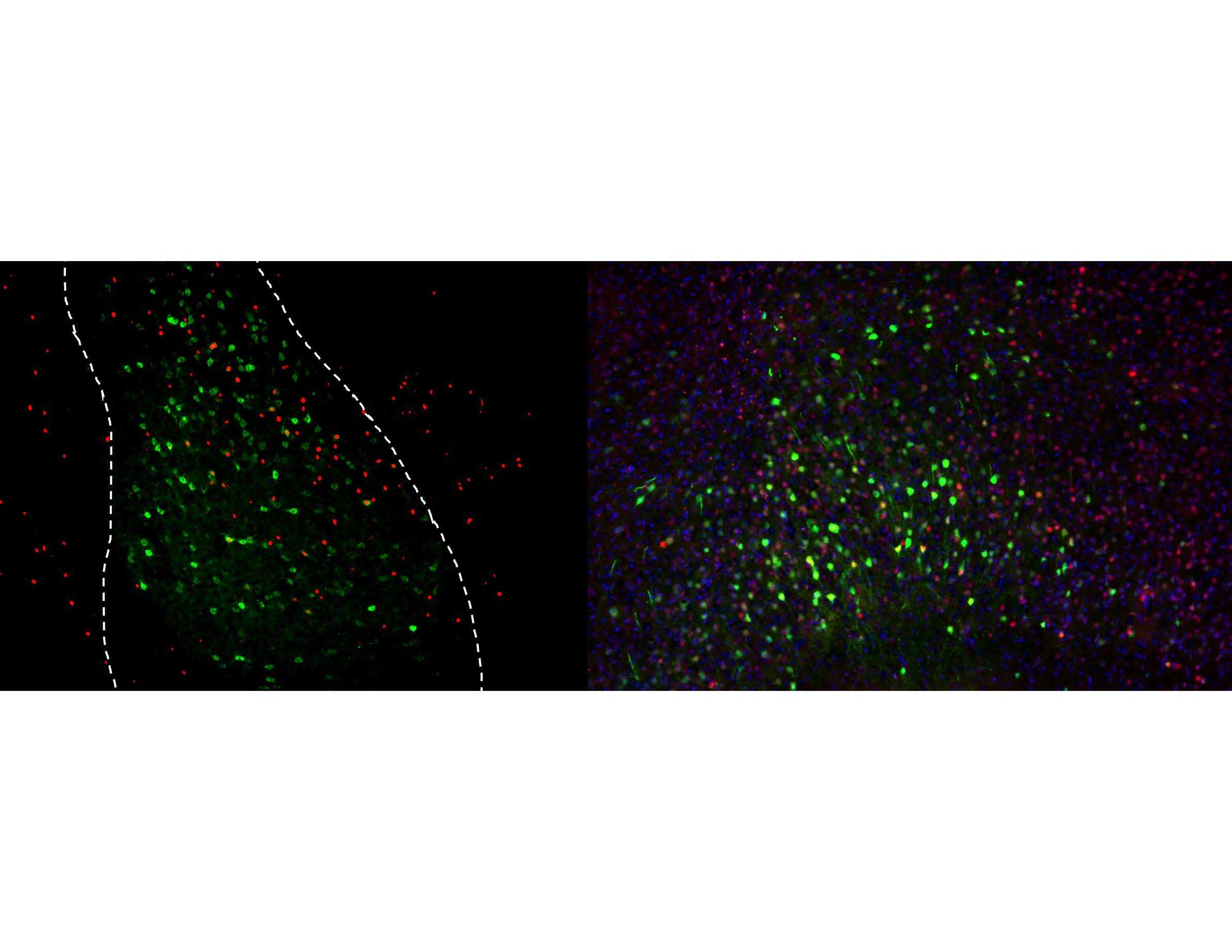
Teuber Colloquium: Amygdala-cortical circuits for reward valuation and expectation
Description
To make adaptive decisions we must cast ourselves into the future and consider the outcomes of our potential choices. To do this, we use events that we can detect in the environment, such as the presence of stimuli or action possibilities, to enable the mental representation of the critical information needed to make the choice: future potential outcome states. I will discuss our lab’s recent work investigating the neural circuits responsible for encoding, updating, and retrieving outcome information for use in the considerations underlying decision making. We have taken a multifaceted approach to these investigations, combining modern recording, pathway-specific manipulation, and behavioral tools. Our results are generally indicating that the basolateral amygdala and orbitofrontal cortex function as a reciprocal circuit to participate in these functions. The cognitive symptoms underlying many psychiatric disorders result from a failure to appropriately learn about and/or anticipate potential future events, making these basic science data relevant to the understanding and potential treatment of mental illness.
Speaker Bio
Kate graduated from the University of North Carolina at Chapel Hill with a B.S. in Psychology where she worked with Drs. R. Mark Wightman and Regina Carelli on projects evaluating how addictive substances alter phasic mesolimbic dopamine release. She then received her Ph.D. in Neuroscience from the University of California Los Angeles under the mentorship of Drs. Bernard Balleine and Nigel Maidment. Kate’s Ph.D. focused on uncovering the neurochemical correlates of desire and desire-driven reward seeking. Kate continued at UCLA for her postdoctoral work focusing on the role of dopamine in reward seeking and cue-induced motivation with Dr. Nigel Maidment before joining the UCLA Psychology faculty in 2011.

